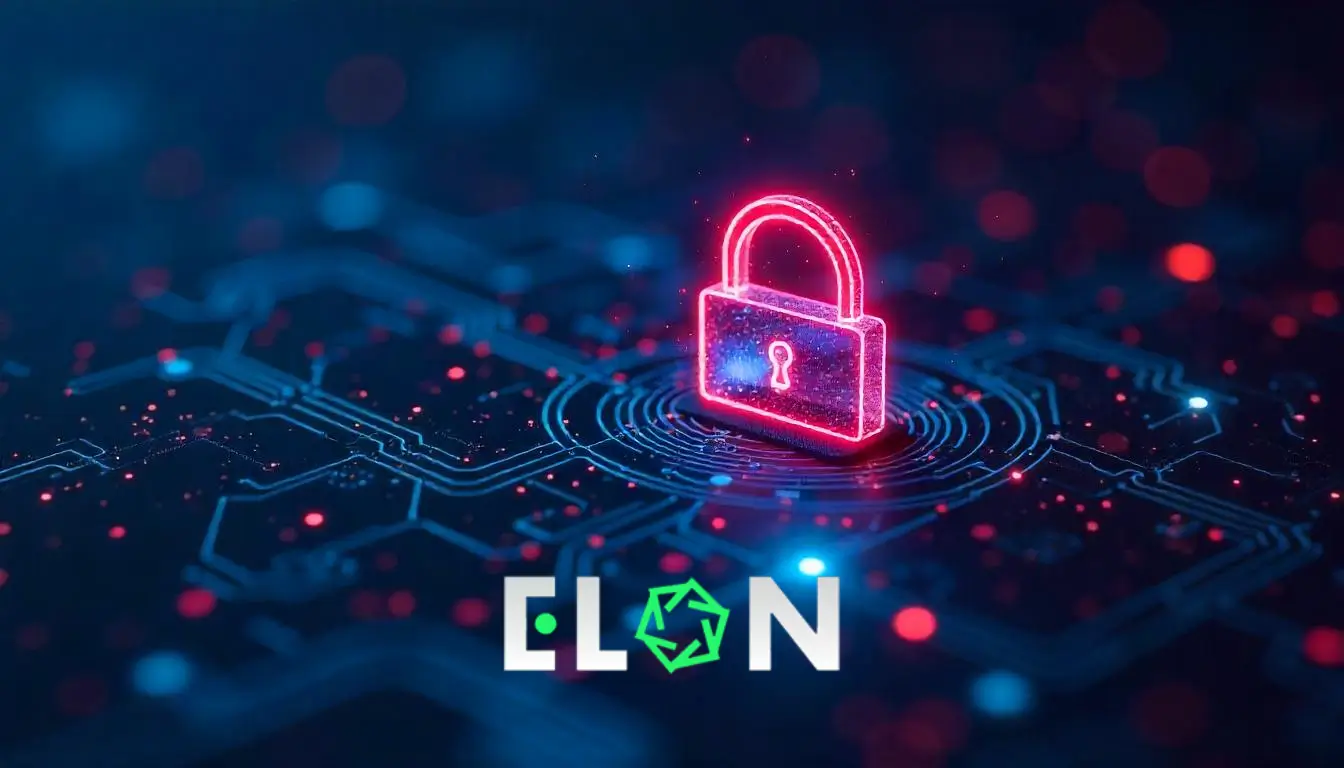Cutting-Edge Security Infrastructure: Beyond Basic Encryption
Elon Casino’s security architecture employs a multi-layered defense system anchored by military-grade AES-256 encryption for all data transmissions and storage. This exceeds industry standards, transforming sensitive information like payment details and personal credentials into indecipherable code during transactions.
Complementing encryption, robust network firewalls filter incoming and outgoing traffic, blocking unauthorized access attempts and Distributed Denial of Service (DDoS) attacks. These firewalls undergo quarterly stress-testing by independent cybersecurity firms to ensure resilience against evolving threats.
| Technology | Function | User Impact |
|---|---|---|
| AES-256 Encryption | Encrypts data at rest and in transit | Secures financial/personal data |
| TLS 1.3 Protocols | Protects data during transfers | Prevents eavesdropping on transactions |
| Next-Gen Firewalls | Blocks malicious traffic | Shields against DDoS/ransomware |
| Multi-Factor Authentication | Requires 2+ identity verifications | Stops account takeovers |
The human layer is equally critical: Elon Casino mandates biometric authentication (fingerprint/facial recognition) for high-value withdrawals and account changes. This supplements traditional passwords, ensuring physical device access is required for sensitive operations.
Data Collection & Privacy: Transparency as Policy
Elon Casino’s privacy framework adheres to strict data minimization principles, gathering only essential user information: identity documents (for KYC checks), payment details, device fingerprints (IP/browser type), and gameplay history.
Purpose-driven data usage ensures information serves specific operational needs:
- Identity verification and fraud prevention
- Transaction processing
- Responsible gambling monitoring
The platform maintains regional compliance through adjustable protocols. For EU players, GDPR-style rights enable data access/deletion requests, while Asian markets follow localized regulations like Bangladesh’s Digital Security Act.
Players retain continuous control via self-service dashboards, where they can:
- Opt out of marketing communications
- Download activity history
- Temporarily deactivate accounts
AI-Powered Fraud Prevention: Stopping Scams Before They Start
Elon Casino deploys behavioral analytics engines that profile user interactions. Machine learning algorithms establish baseline patterns for login times, betting amounts, and game preferences.
Payment fraud prevention leverages tokenization, replacing card numbers with algorithmically generated tokens during transactions. Simultaneously, device fingerprinting tracks hardware IDs and network locations to detect suspicious logins.
The platform actively combats emerging threats like the “Elon Musk X Casino” deepfake scam through:
- Real-time SMS/email alerts about fraudulent apps
- Collaboration with app stores to remove impersonator listings
- Public education campaigns on verifying official channels
Cryptocurrency protections add another layer, with blockchain analysis tools monitoring wallet addresses for links to darknet markets.
Regulatory Compliance & Player Empowerment
Operating under a Curaçao eGaming license, Elon Casino submits to mandatory audits covering game fairness, financial practices, and data handling.
Anti-Money Laundering protocols include automated thresholds: deposits exceeding $2,000 within 24 hours require source-of-funds documentation.
Player empowerment tools enable self-regulated gambling:
- Deposit limits: Daily/monthly caps
- Loss brakes: Automatic account freezing after loss thresholds
- Reality checks: Pop-up notifications every 30 minutes
Elon Casino further participates in cross-platform exclusion databases, sharing self-ban requests with partner casinos.
Incident Response & Future-Proofing
Elon Casino’s Cyber Incident Response Team operates 24/7, following a playbook modeled on NIST cybersecurity frameworks. Breach scenarios undergo biannual simulation.
Transparency protocols mandate user notifications within 72 hours of confirmed breaches, detailing impacted data types and remediation steps.
Future investments focus on predictive threat intelligence:
- Quantum-resistant cryptography
- Blockchain transaction ledgers
- Biometric behavioral analysis
Continuous vulnerability bounty programs incentivize ethical hackers to expose flaws, with rewards up to $50,000 for critical discoveries.











